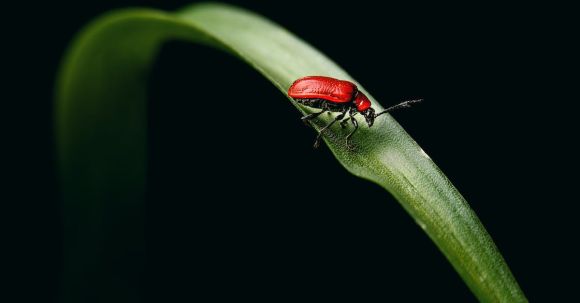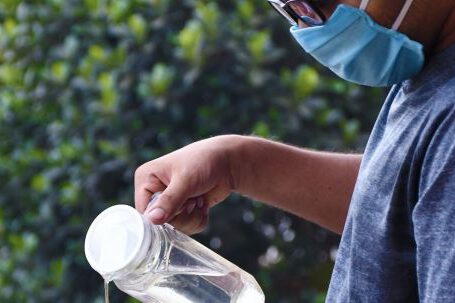Pests can wreak havoc on our homes and gardens, causing damage to plants, spreading diseases, and even posing a threat to our health. While chemical pesticides may be effective in eliminating pests, they often come with a host of harmful side effects. Fortunately, there are numerous organic pest treatments available that can effectively control pests without harming the environment or our health. In this article, we will explore some of the most effective organic pest treatments that you can use to keep your home and garden pest-free.
1. Neem Oil
Derived from the neem tree, neem oil is a natural pesticide that has been used for centuries to control a wide range of pests. It contains azadirachtin, a compound that disrupts the life cycle of many insects, preventing them from feeding and reproducing. Neem oil is particularly effective against aphids, spider mites, and whiteflies. To use neem oil, dilute it with water and spray it on the affected plants. Repeat the treatment every seven to fourteen days for optimal results.
2. Diatomaceous Earth
Diatomaceous earth is a fine powder made from the fossilized remains of marine organisms called diatoms. It is highly effective against insects with exoskeletons, such as ants, cockroaches, and fleas. When insects come into contact with diatomaceous earth, it damages their exoskeleton, causing them to dehydrate and die. To use diatomaceous earth, simply sprinkle it around the areas where pests are present. Reapply the powder after rainfall or heavy watering.
3. Garlic Spray
Garlic is not only a flavorful ingredient in our kitchens but also a powerful natural pesticide. Its strong odor repels many pests, including aphids, snails, and slugs. To make a garlic spray, blend several cloves of garlic with water and strain the mixture. Dilute the garlic solution with water and spray it on the affected plants. Remember to reapply the spray after rainfall or as needed.
4. Companion Planting
Companion planting is a natural pest control method that involves planting certain crops together to repel pests. For example, marigolds emit a scent that repels aphids and other harmful insects, making them an excellent companion plant for vegetables. Similarly, planting basil near tomatoes can deter tomato hornworms. By strategically planning your garden layout and selecting the right companion plants, you can naturally reduce pest populations.
5. Sticky Traps
Sticky traps, or glue traps, are an effective and non-toxic method of controlling flying insects such as fruit flies, gnats, and whiteflies. These traps are coated with a sticky substance that insects get stuck to when they come into contact with it. Place the traps near windows, doors, or plants to catch flying pests. Replace the traps regularly to maintain their effectiveness.
In conclusion, organic pest treatments offer a safe and effective alternative to chemical pesticides. From neem oil and diatomaceous earth to garlic spray and companion planting, there are numerous organic methods available to control pests in our homes and gardens. By incorporating these treatments into our pest management strategies, we can protect our plants, our health, and the environment. So, the next time you encounter a pest problem, consider reaching for one of these organic solutions to keep your space pest-free.





